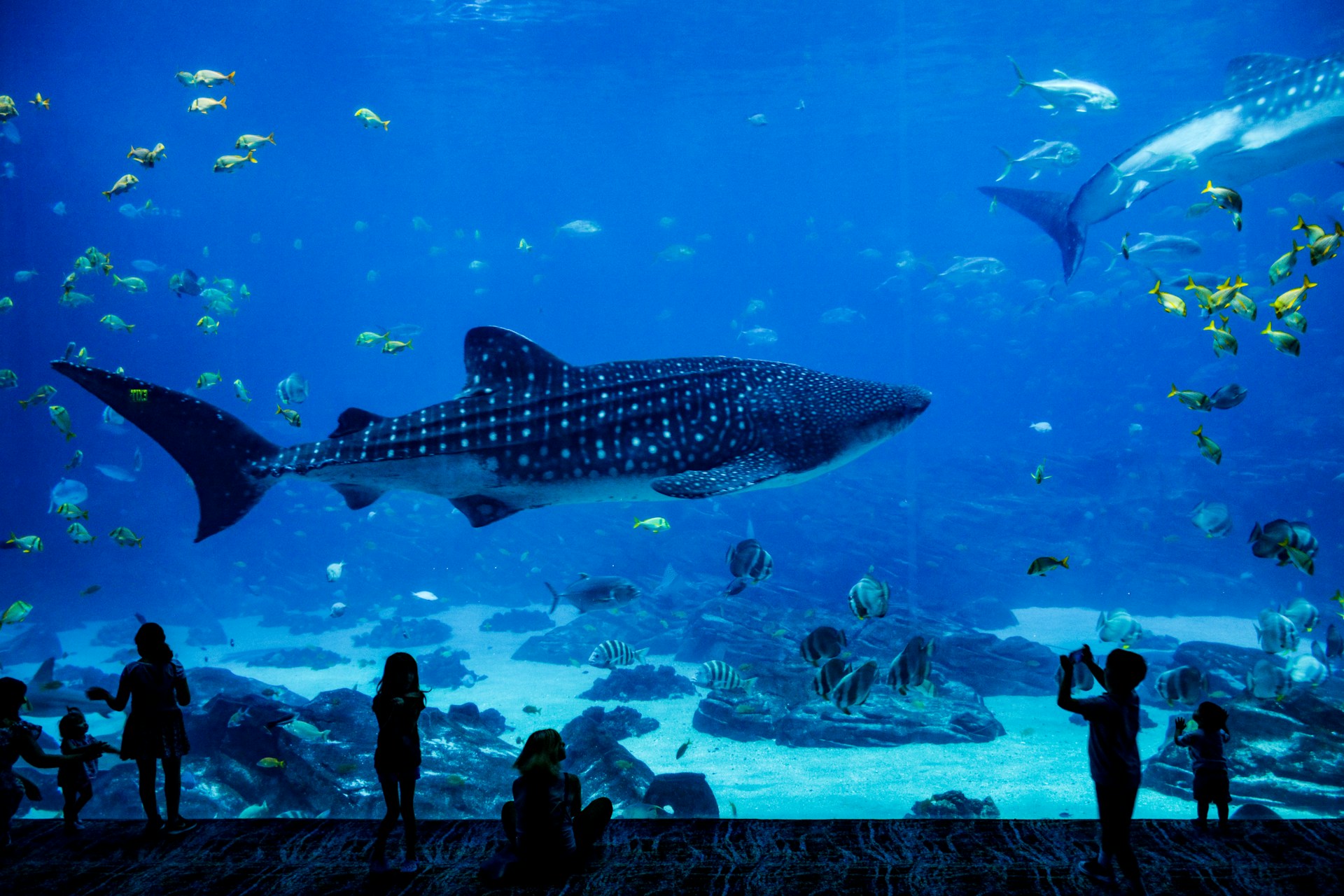For generations, zoos and aquariums have been the go-to destinations for families for both education and entertainment, where children can learn about wildlife up close, while also enjoying a day out filled with fun activities.
But times are changing, and in recent years, debates about animal welfare, environmental responsibility, and new family leisure trends seem to be changing the way zoos are viewed.
While many families continue to visit these attractions, society’s growing awareness of ethical treatment of animals, alongside the rise of other multiple alternatives like virtual reality safaris, has challenged the traditional role of zoos and aquariums. Let’s take a closer look at the trends and challenges zoos and aquariums are facing today.

There is no straightforward answer to this question. While there are many more ways families are now spending their leisure time, zoos and aquariums continue to hold their original place. Some people still see them as a reliable choice for family days out.
One of the main reasons zoos and aquariums still attract families is their ability to provide experiences that go beyond everyday life. They offer a break from screens and give children the chance to see animals up close, encouraging curiosity in nature.
They are also still the perfect places for families to spend time together, where everyone, from toddlers to teenagers, and adults can enjoy. Zoos and aquariums often provide a balance of entertainment and education that suits a wide age range, whether it is walking through exhibits, attending shows, or simply enjoying open spaces.
Another factor that has helped maintain their popularity is the sense of purpose that has grown around them in recent years. Many families view it not just as entertainment but also as a way to support conservation. It adds value to the experience, turning it into more than just a casual outing.

The biggest challenge facing zoos and aquariums today is the ethical concerns. Critics argue that keeping animals in captivity, no matter how well they are cared for, limits their freedom and natural behaviours. This has influenced some families to reduce or avoid visits, preferring wildlife reserves instead.
Technology is reshaping everything, and leisure is not an exception. For example, virtual reality headsets can now transport families into a savannah or coral reef without leaving the living room, which has made some parents question whether a trip to a zoo is worth the cost. This has put pressure on Zoos and aquariums to an extent, forcing them to offer experiences that technology can’t fully replicate in order to stay ahead.
While expectations may have shifted post-2025, zoos and aquariums remain a part of family life for many. Their blend of education, enjoyment, and shared experiences ensures they still attract visitors, even as society continues to debate their role and future.
However, their success now depends on how well they adapt to modern expectations regarding ethics and innovation. Rather than being replaced, zoos and aquariums are being reshaped. They are expected to balance conservation with family entertainment, embrace technology, and operate with transparency around animal welfare.


If you want the latest information on the best Hotel Executive Club Lounges, Hotel Kids Clubs and other travel information, be sure to sign up for our free newsletter full of tips and great travel ideas.